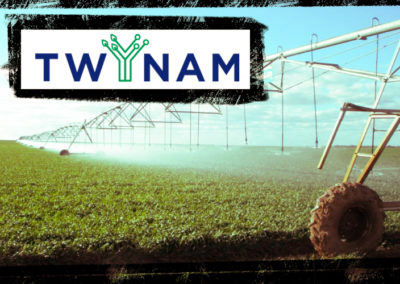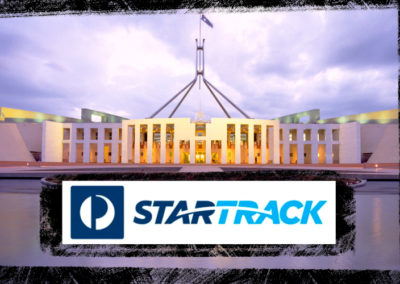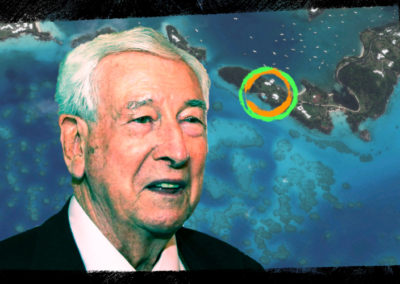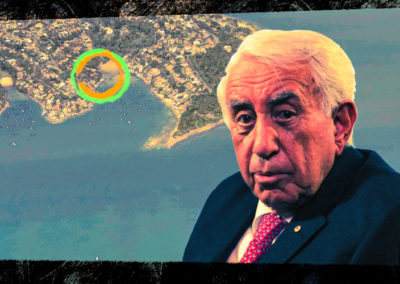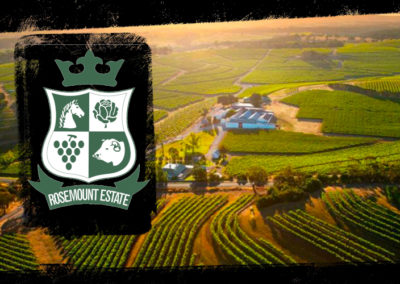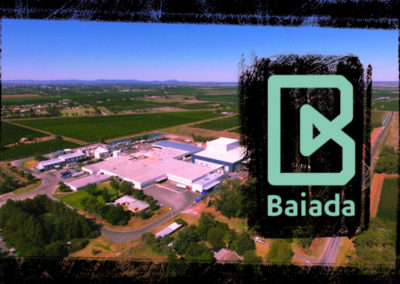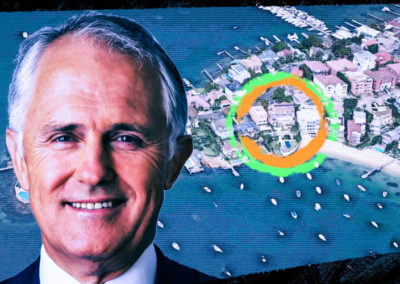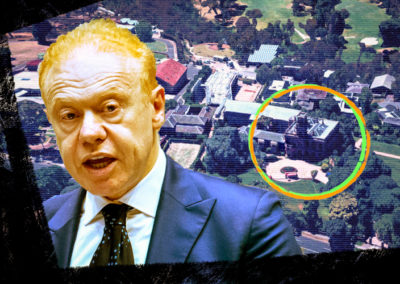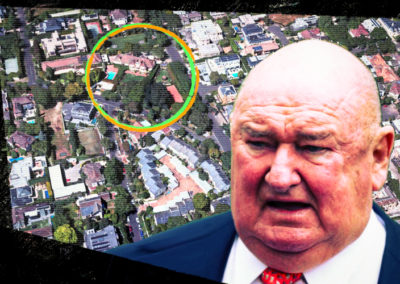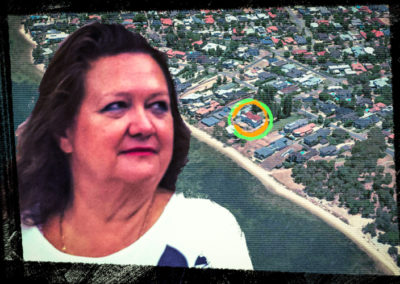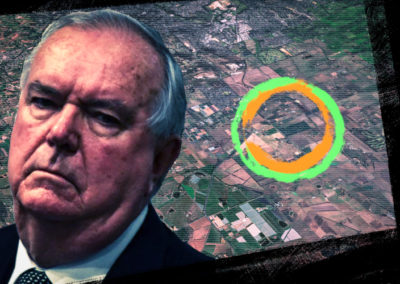Rosemount Estate was founded by the late Bob Oatley in 1974. The winery has moved from one prominent owner to another while being underpinned by the grandfathered exemption. Treasury Wine Estates, Australia’s largest wine producer, is the current owner of this dark company.
| Top 200 Rich List (2020) | No. of Dark Companies: 1 | Political Donations since FY 1998-99 |
|---|---|---|
| Rank: N/A | Rosemount Estates Pty Ltd | Labor Party: $88,236 |
| Wealth: | Coalition: $281,264 | |
| Wealth (2019): | Independent: $0 | |
| YoY wealth change: | Total: $369,500 |
Located in picturesque McLaren Vale, South Australia, Rosemount Estate features 7463 hectares of Vineyards situated around the Great Australian Bight coastline.
In 2001, Southcorp Wines acquired Rosemount Estate for $1.49 billion. The late Bob Oatley received $880 million in cash and $610 million worth of Southcorp shares as part of the deal. Oatley purchased a further $580 million worth of Southcorp shares, bringing his stake up to 19%. Although the acquisition was supposed to benefit both parties, due to an oversupply of grapes and poor management, the company suffered a loss and was subsequently acquired by beer group Foster’s in 2005.
Fosters decided to split its wine division into a separate company called Treasury Wines Estates (TWE) in 2011 due to poor performance. TWE own 26 Australian wine labels alongside Rosemount Estate including, Penfolds, Wolf Blass, and Lindeman’s.
TWE settled a class-action lawsuit for $49 million in 2017 after they were accused of breaching disclosure obligations and misleading investors.
According to ATO Tax Transparency data, Treasury Wine Estates Limited made $6.78 billion of income between the 2015-16 and 2018-19 financial years. Over this period, taxable income was $1.14 billion, and tax payable was $331.3 million. However, despite making a total income of $2.09 billion and having a taxable income of $90 million, they paid zero tax during the 2013-14 and 2014-15 financial years.
In November last year, Treasury Wine Estates was slapped with a 169.3% tariff on its Chinese exports. The tariff resulted from preliminary findings in an anti-dumping investigation alleging that Australian wine producers were exporting wine below cost price. This was a significant blow as TWE’s exports to China make up 30% of their total revenue, causing the2ir share price to fall 17.4% in just two days.
Staff writers who have worked on one or more of our special investigative projects include Zacharias Zsumer (War Powers), Stephanie Tran, Tasha May and Luke Stacey.

